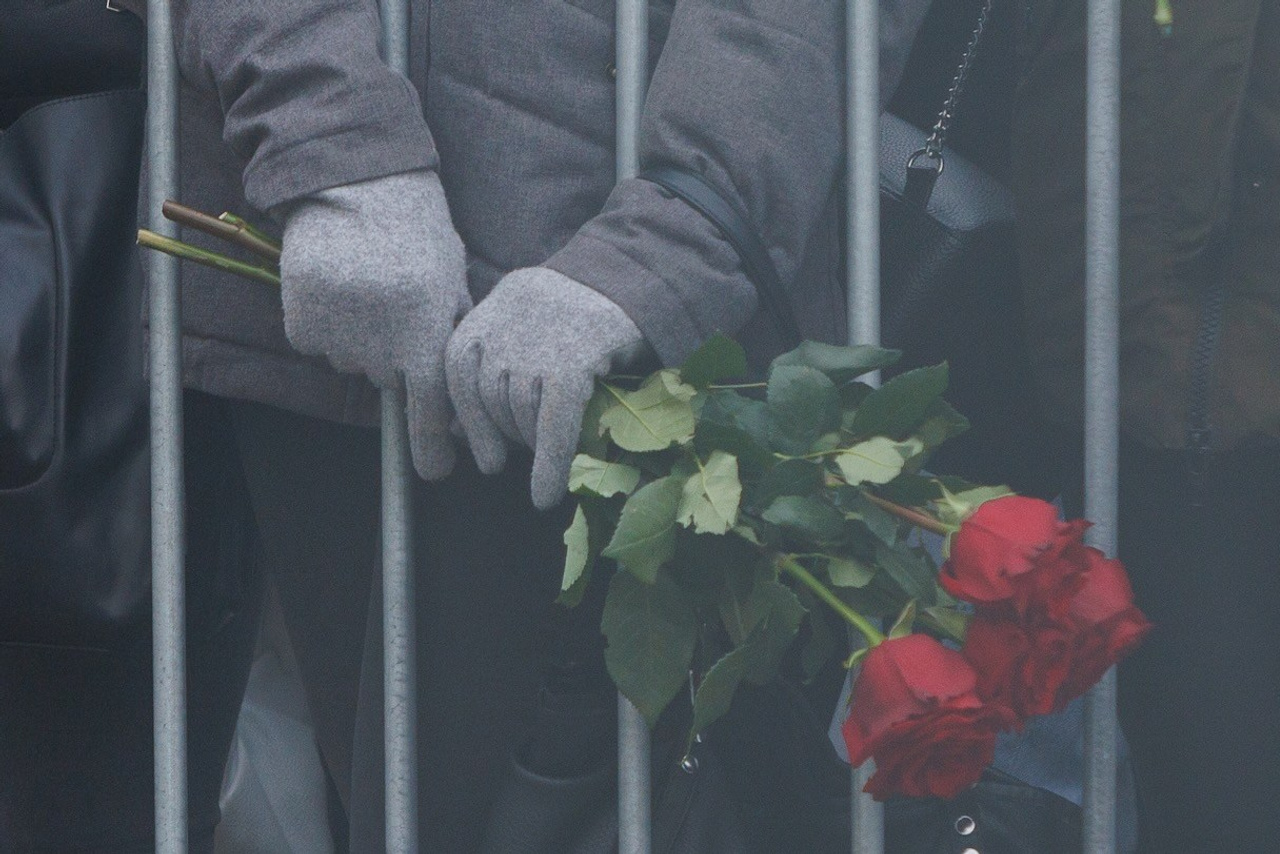Since late October 2024, Georgia has seen sustained nationwide protests triggered by contested parliamentary elections held on October 26. The ruling Georgian Dream party claimed victory, but the opposition denounced the results as fraudulent and refused to recognize them.
Tensions escalated when the government announced on November 28 that it would suspend EU accession efforts until at least 2028, sparking further outrage among pro-European citizens. Simultaneously, the ruling party introduced a controversial “foreign agents law” aimed at restricting independent NGOs and media — widely seen as a threat to democracy.
Thousands took to the streets daily in Tbilisi and across the country. Protesters organized sit-ins, human chains, student strikes, and blockades, especially around the Georgian Parliament on Rustaveli Avenue. The movement drew support from youth, civil society, artists, journalists, and political opposition.
Authorities responded with force: police used tear gas, water cannons, and carried out mass arrests. Journalists and human rights defenders were attacked. Key opposition figures — including Nika Melia, Zurab Japaridze, and Nika Gvaramia — were arrested over the course of the protests.
The international community reacted with concern. The EU froze visa liberalization talks, while the U.S. and UK condemned the crackdown and considered sanctions.
The protests have lasted over 200 days and represent a major standoff between citizens demanding democratic reform and a government accused of shifting toward authoritarianism. Despite repression, the movement continues to push for free elections, civil liberties, and a renewed European path for Georgia.
Blog
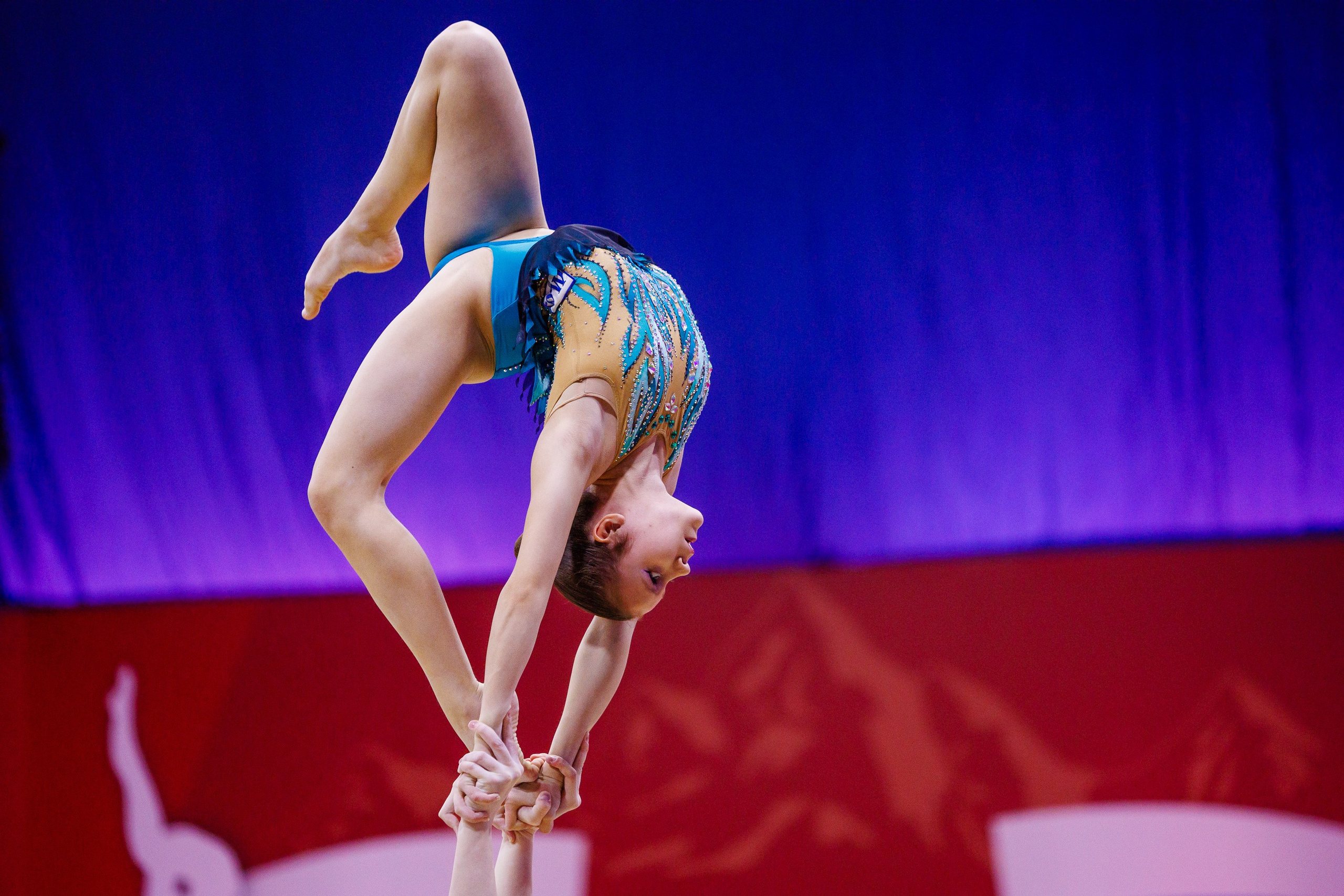
Upside Down for Medals!
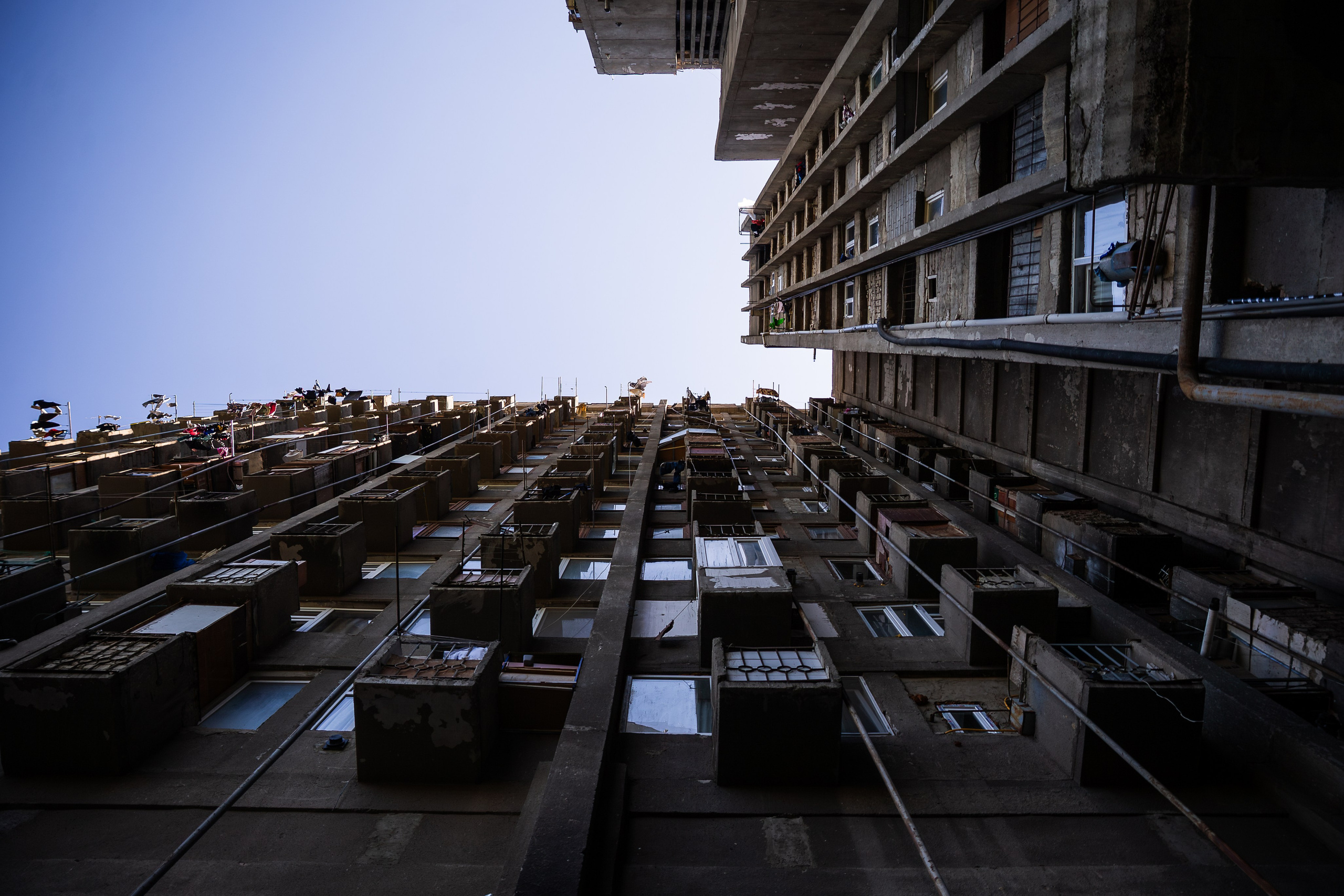
Deferred Catastrophe: Tbilisi is Cracking at the Seams
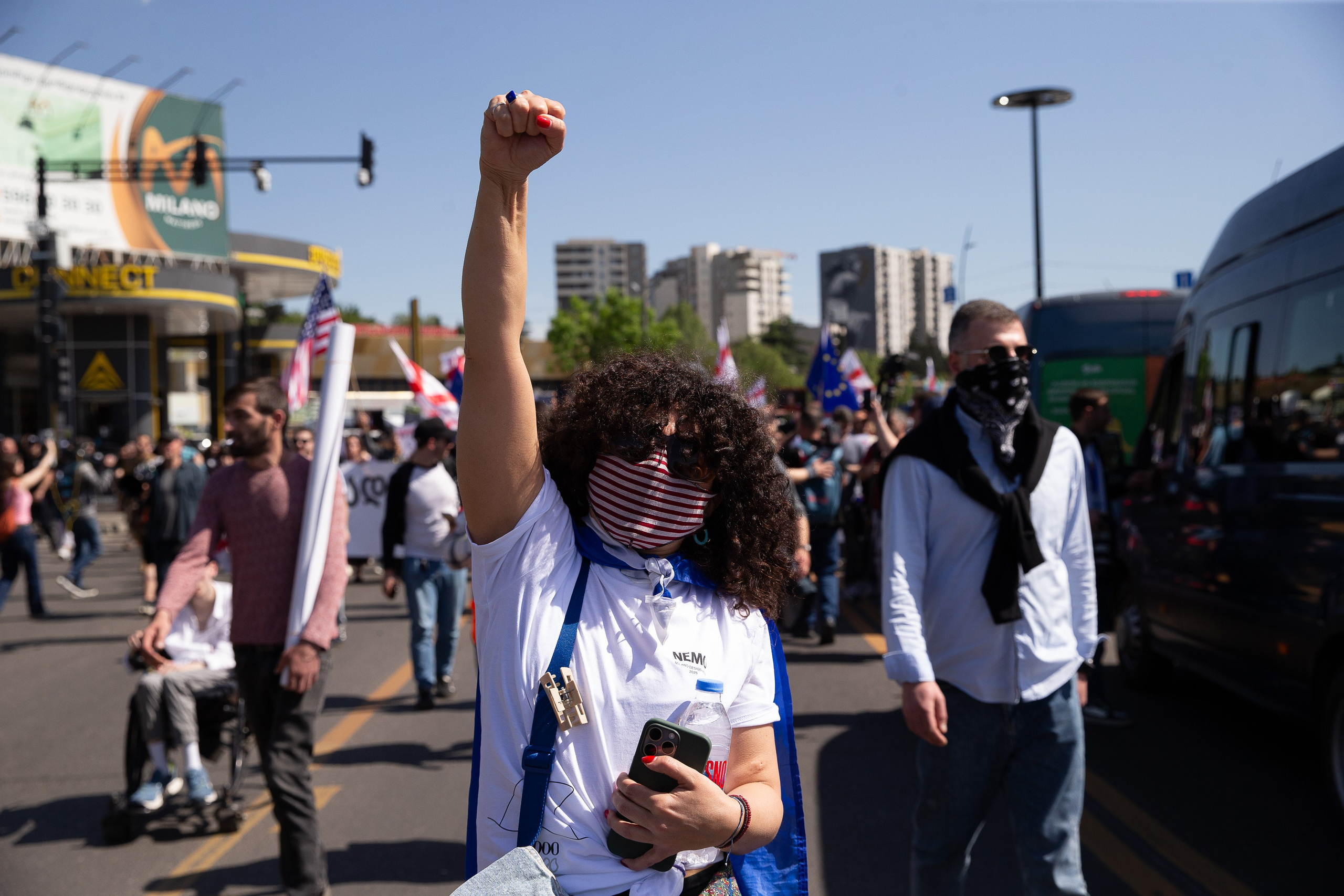
150th Day of Protests in Tbilisi: Resilience and Hope
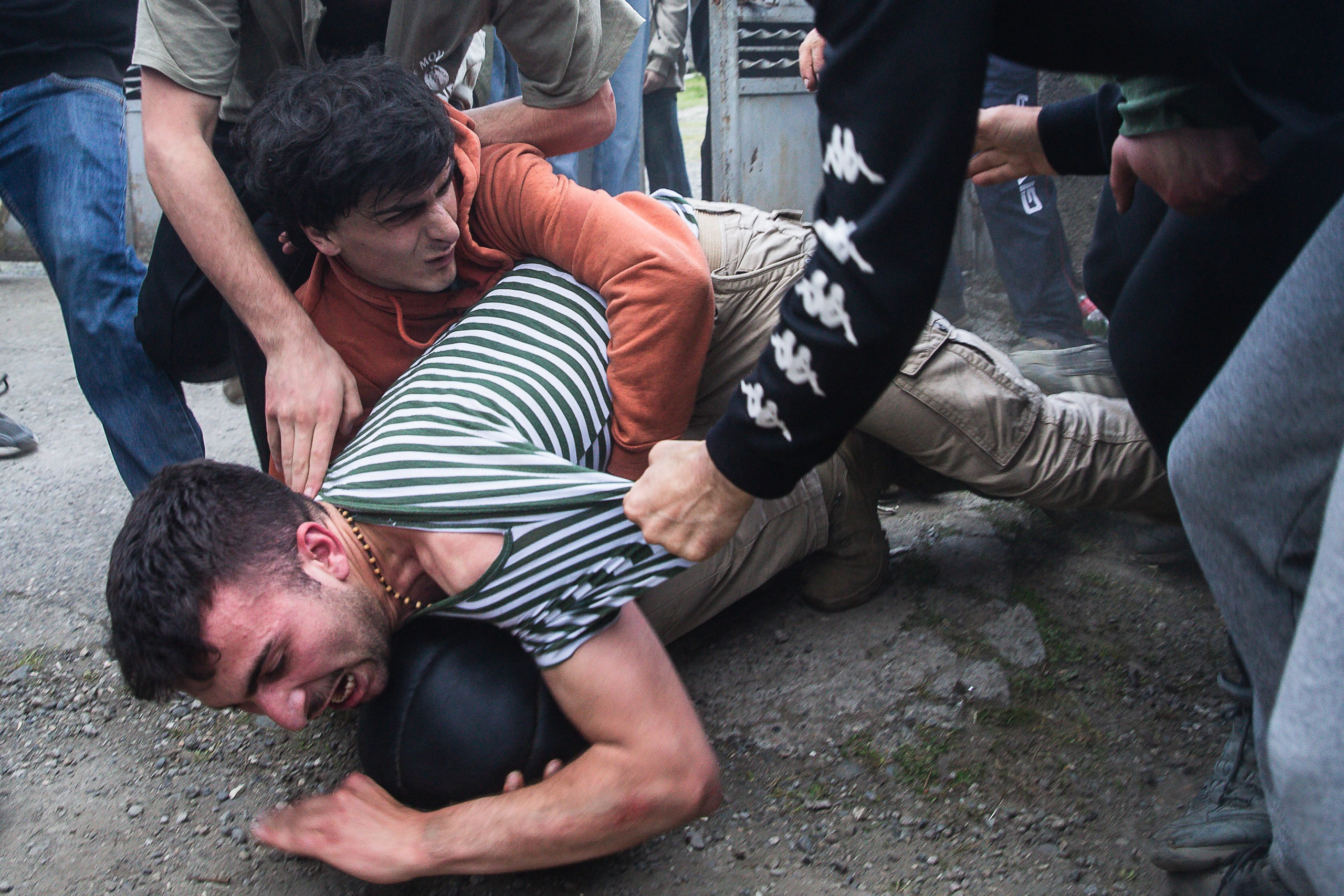
Lelo Burti: a game where blood, mud, and screams merge into a prayer
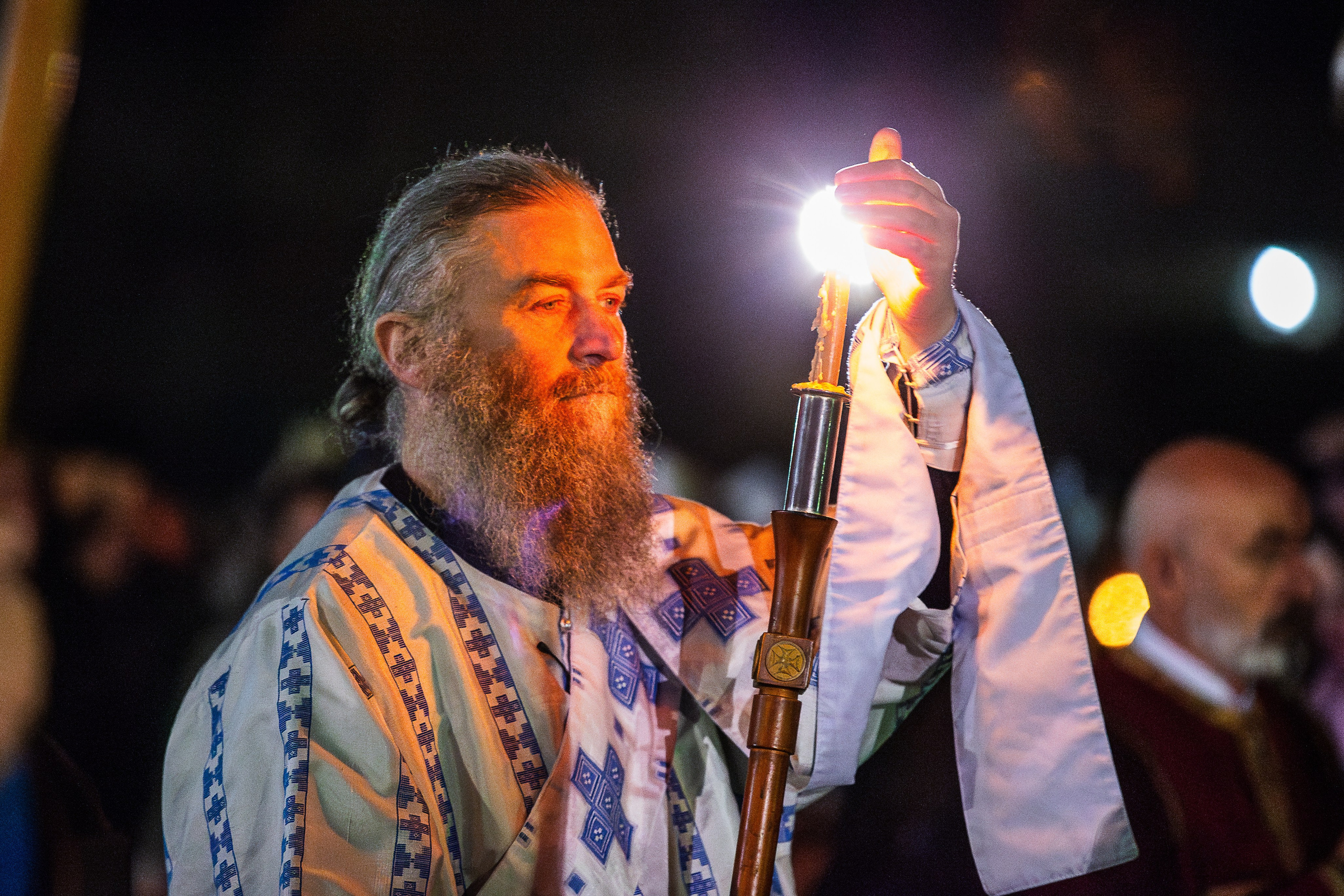
The Easter Procession in Svetitskhoveli: A Night of Light and Faith
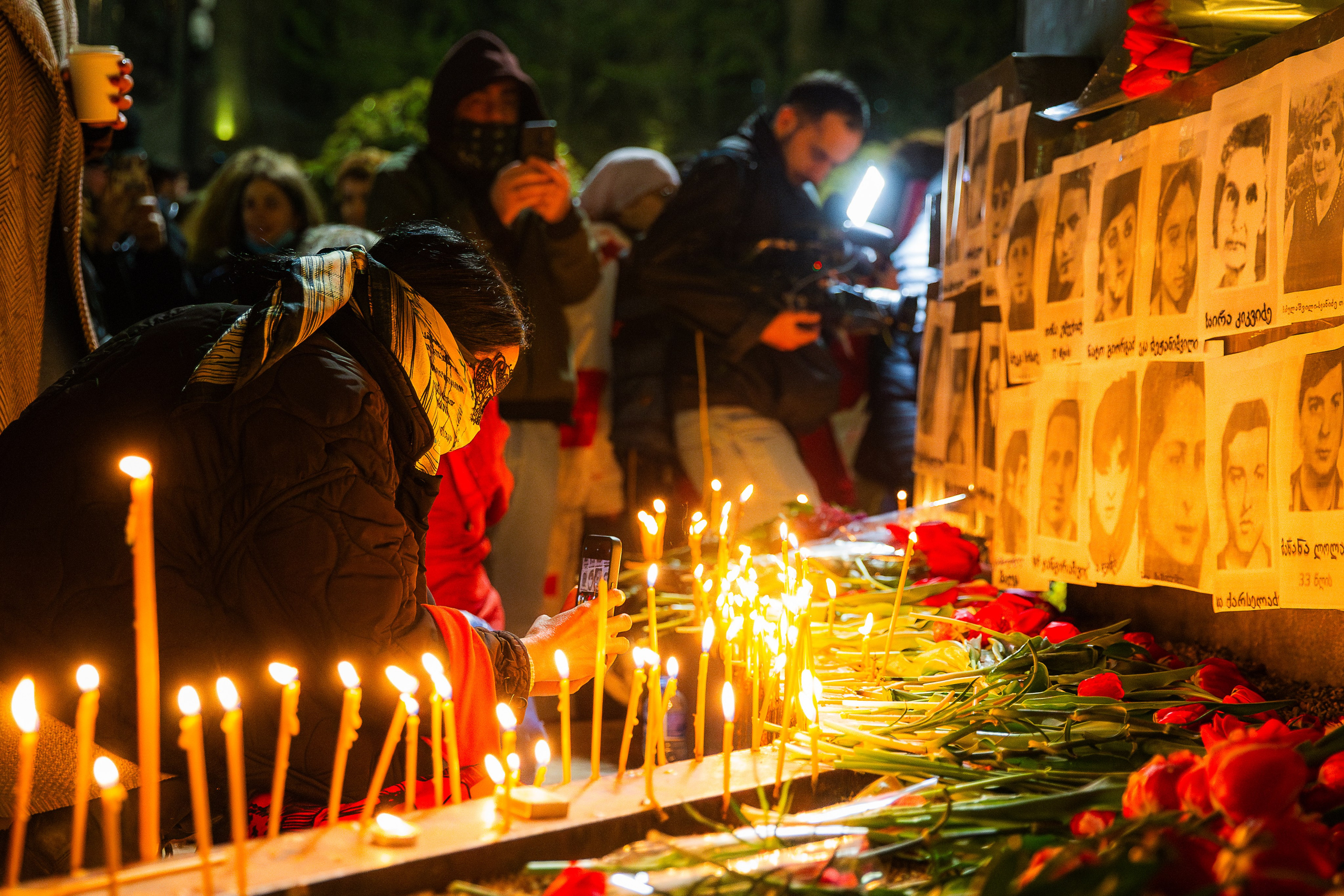
April 9: Memory, Rain, and Resistance
